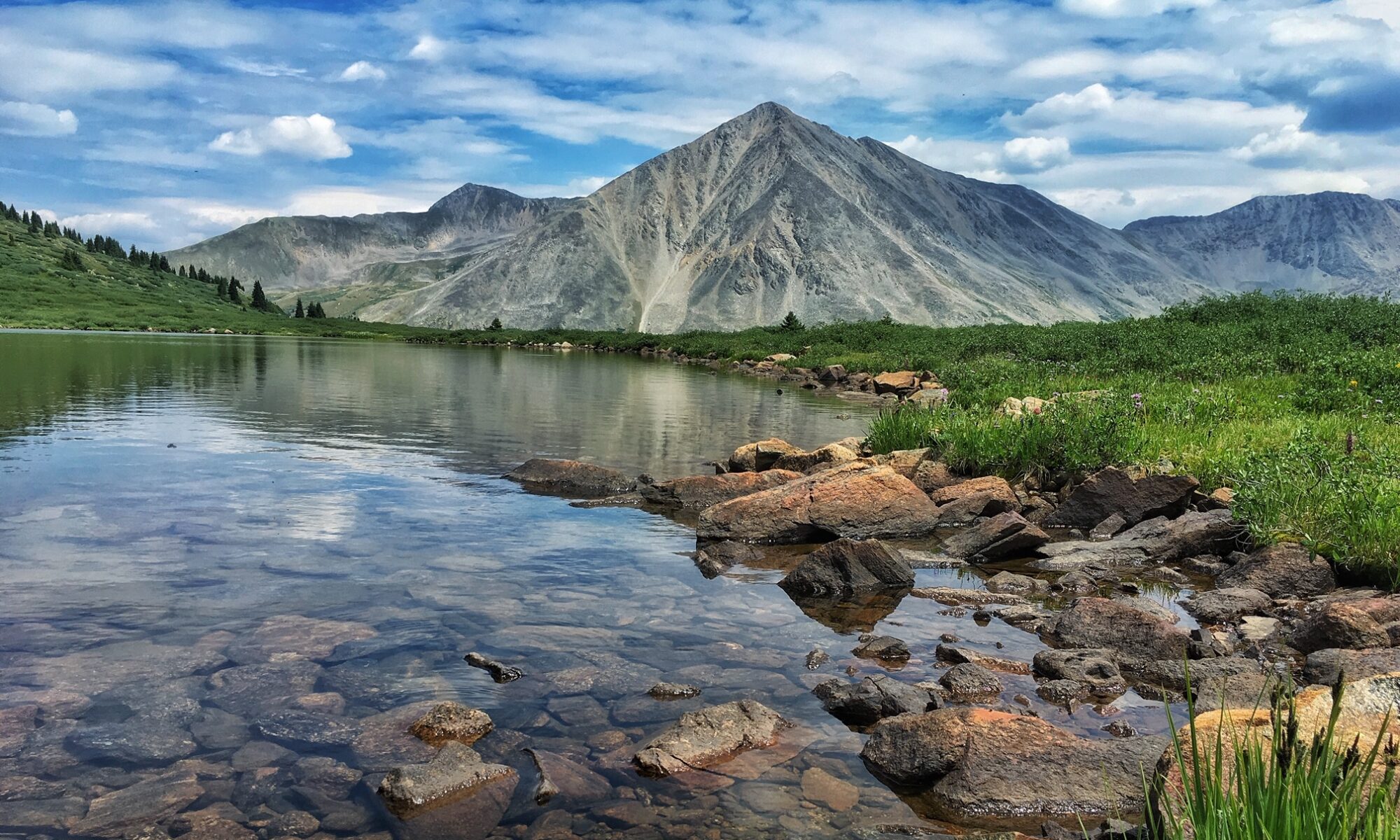Catching trout is not easy today. You are batting .000. Maybe the fish are simply not biting. Or maybe you’re not catching trout because of one or more of these 11 reasons:
1. It’s a bright sunny day.
Not always, but I’ve often had better luck on overcast days, especially for BWOs (blue winged olives), which is a common hatch during the spring. Catching trout on cloudy days tends to be pattern for me.
2. Your fly is too big.
Whether you’re nymphing or on the surface, drop a size or two. Go smaller. Make sure you have multiple sizes of the same fly in your fly box.
3. You cast like your mama.
Unless your mama wears wading boots. Figure out a way to false cast less. Precision casting is supposed to be hard. It’s even harder on smaller streams with trees and brush. Catching trout is tied to how well you cast.
4. Your dead drift looks like a rubber ducky with spasms.
Your presentation is almost always the problem. Your fly simply doesn’t look like an insect, dead or alive. Try harder.
5. You scared ‘em.
You should not have walked up to the run like a drunk Abominable Snowman. Crawl next time. On your hands and knees.
6. The run was just fished.
Find a smaller stream with no crowds. Stop fishing the popular rivers during vacation season or on weekends.
7. It’s too early.
Yes, if you want huge browns, then maybe fishing at 4:30 in the morning is a good idea. But if you are fishing hoppers in mid August, for example, sometimes the action doesn’t heat up until late morning.
8. You haven’t moved in 30 minutes.
Remember, fly fishing isn’t bass fishing from shore. Keep moving. After a handful of casts, move on. Find the next run.
9. The river is blown out.
If the river is muddy, why are you fly fishing? Some color may be okay, but if the stream is like chocolate milk, head back to your truck, jump on your phone, and watch Netflix.
10. You’re not deep enough.
Add some split shot to your nymphing rig. Or add some tippet length to your dropper. How often are you bumping the bottom? Every so often is about right.
11. You have the wrong fly.
This should not be your go-to move when you are not catching trout. But if there is a Trico hatch going on and you’re throwing a size #14 parachute Adams, you’ll swear a lot before noon. Know your hatches and patterns.
Give these tips a try, and perhaps your luck will change. You might even impress your mama.








